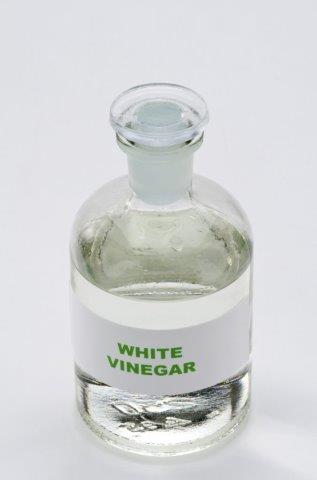FOR IMMEDIATE RELEASE
ACS News Service Weekly PressPac: February 10, 2016
Vinegar could potentially help treat ulcerative colitis
""Vinegar Treatment Prevents the Development of Murine Experimental Colitis via Inhibition of Inflammation and Apoptosis
Journal of Agricultural and Food Chemistry
Vinegar is the perfect ingredient for making tangy sauces and dressings. Now, researchers report in ACS’ Journal of Agricultural and Food Chemistry that the popular liquid could also help fight ulcerative colitis, an inflammatory bowel disease that research suggests is related to the gut microbiome. They found that vinegar suppressed inflammation-inducing proteins while improving the gut’s bacterial makeup in mice.
Ulcerative colitis is a chronic condition that affects millions of people around the world. Although its cause isn’t completely understood, research suggests that bacteria in the gastrointestinal tract play an important part. People with the condition experience repeated inflammation of the large intestine’s lining, which can cause ulcers, abdominal pain, diarrhea and other symptoms. At least one recent study suggested that vinegar, which has been used in traditional medicine for centuries, might be effective against ulcerative colitis. Lu Yu, Bo Liu and colleagues wanted to further investigate this possibility.
The researchers tested vinegar and its main ingredient, acetic acid, in a mouse model of ulcerative colitis. Giving the mice either substance by adding it in small amounts to their drinking water significantly reduced symptoms of the condition. An analysis of mouse stool samples showed that treated animals had higher levels of bacteria, such as Lactobacillus and Bifidobacteria. Other studies have found these bacteria to be beneficial to mice with colitis-like symptoms. Treatment also lowered the levels of proteins that induce potentially damaging inflammation in the gut. The researchers say further work would be needed to determine vinegar’s effects on ulcerative colitis in humans.
The authors acknowledge funding from the National Nature Science Foundation of China, the Fund for Science & Technology Development of Jilin Province, the Important National Science and Technology Specific Projects, the Program for New Century Excellent Talents in University, the China Postdoctoral Science Foundation, the Fundamental Research Program of Shenzhen, and the Shenzhen Science and Technology Research and Development Funds.


